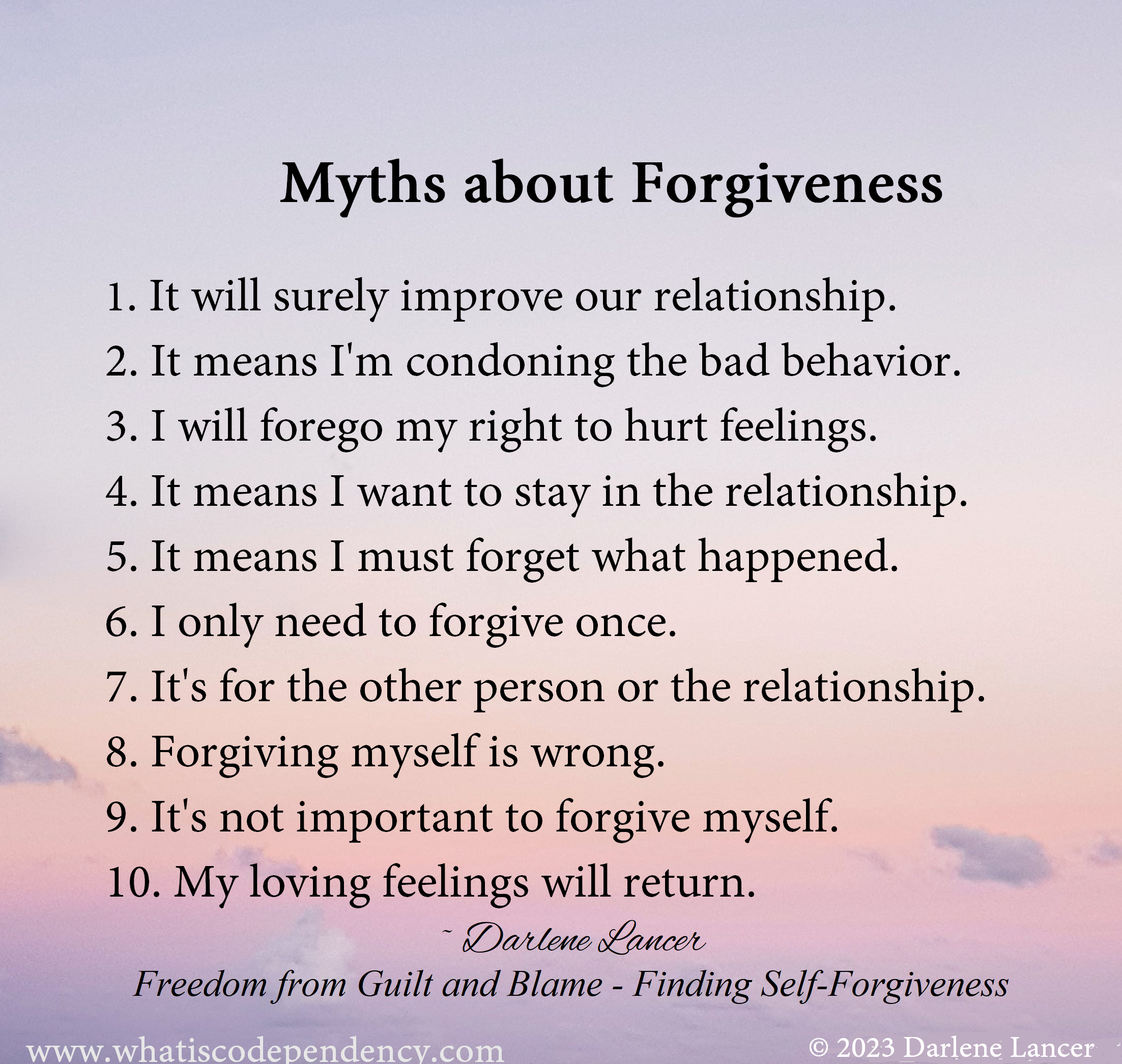How to Take the First Step with Steps to Forgive Someone Who Has Wronged You
Recognizing the Significance of Mercy in Healing Relationships
Mercy is usually viewed as an easy act of allowing go, yet its value in healing connections expands far past mere absolution. What remains to be discovered is the extensive effect mercy can have on private development and public consistency.
The Definition of Forgiveness
Although forgiveness is typically viewed as a basic act of allowing go, its interpretation incorporates a complicated interaction of psychological and emotional processes. At its core, forgiveness is the conscious decision to release feelings of resentment or revenge toward a private or group that has caused harm. This procedure is not simply regarding absolving the culprit; rather, it entails an extensive psychological makeover that can bring about individual development and recovery.
Mercy is diverse, commonly identified by a person's internal struggle to integrate their discomfort with the wish for peace. It needs recognizing the misdoings devoted, processing the associated feelings, and ultimately deciding to move on without the concern of animosity. This choice frequently entails a cognitive change, where one reframes their understanding of the transgression and the perpetrator, enabling empathy and recognizing to arise.
Importantly, mercy does not indicate excusing the behavior or failing to remember the violation; it is an intentional act that prioritizes psychological wellness. By specifying forgiveness in this fashion, we can appreciate its function in assisting in healthier relationships and cultivating emotional strength, setting the phase for much deeper exploration right into its advantages.
Emotional Advantages of Mercy
Forgiveness supplies significant psychological benefits that can exceptionally affect a person's mental wellness and overall wellness. When a person selects to forgive, they proactively release sensations of rage, anger, and resentment, which can otherwise develop a hefty emotional burden. This launch frequently causes a decrease in stress and stress and anxiety, advertising a sense of peace and emotional security.
Furthermore, forgiveness promotes a raised capacity for empathy and compassion. By recognizing the perspective of the culprit, individuals can cultivate a deeper psychological resilience, which enhances their capability to deal with future difficulties. This procedure not only improves emotional policy however likewise adds to a more positive outlook on life.
Additionally, forgiving others can strengthen one's self-confidence and self-respect. It enables people to recover their personal power, breaking devoid of the adverse cycles of victimhood - The importance of forgiveness. This newly found empowerment can bring about much healthier psychological responses and stronger interpersonal connections
Forgiveness vs. Reconciliation
The distinction in between mercy and settlement is vital in recognizing the dynamics of recovery partnerships. Mercy is an interior process where a specific picks to allow go of bitterness and negative sensations towards a person who has caused injury. It is mainly a personal trip, concentrated on emotional release and self-healing, permitting one to move on without lugging the concern of past complaints.
On the other hand, settlement involves restoring and bring back the connection to a state of trust fund and shared regard. This process often requires open communication, active engagement from both parties, and a dedication to addressing the underlying concerns that brought about the problem. While forgiveness can take place independently, reconciliation demands the determination of both people to engage in dialogue and pursue a common understanding.
It is essential to keep in mind that mercy does not always result in settlement. An individual may forgive an additional without opting to bring back the partnership, especially if depend on has actually been irrevocably damaged or if the relationship is considered undesirable. Recognizing this distinction allows individuals to browse their feelings efficiently and make notified choices concerning their connections.
Actions to Grow Mercy
Growing mercy is a deliberate process that entails numerous key steps targeted at promoting emotional healing. The very first step is recognizing the discomfort triggered by the offense. Identifying one's sensations is essential, as it allows individuals to refine their emotions genuinely.
Next, reflecting on the incident and comprehending its influence can give quality. This representation needs to consist of taking a look at the inspirations behind the offender's actions and recognizing that everyone is imperfect.
The third step includes making a conscious decision to forgive. This choice is critical, as it signifies a determination to allow go of internet resentment and move on.
Consequently, revealing sensations in a useful manner can be beneficial - The importance of forgiveness. Whether through journaling, chatting with a trusted good friend, or looking for therapy, expression of feelings can assist in the mercy trip
Real-Life Examples of Mercy

In another example, a close-knit group of good friends encountered a significant break after one participant unintentionally shared a private secret. Instead of nurturing animosity, the influenced friend chose to forgive, understanding the significance of valuing the friendship over the mistake. This decision encouraged open discussion and inevitably enhanced their connection.

Final Thought
In final thought, forgiveness plays a crucial role in the healing of connections by visit our website facilitating the release of unfavorable emotions and promoting compassion. By identifying in between mercy and settlement, people can engage in a constructive process that improves psychological wellness.
